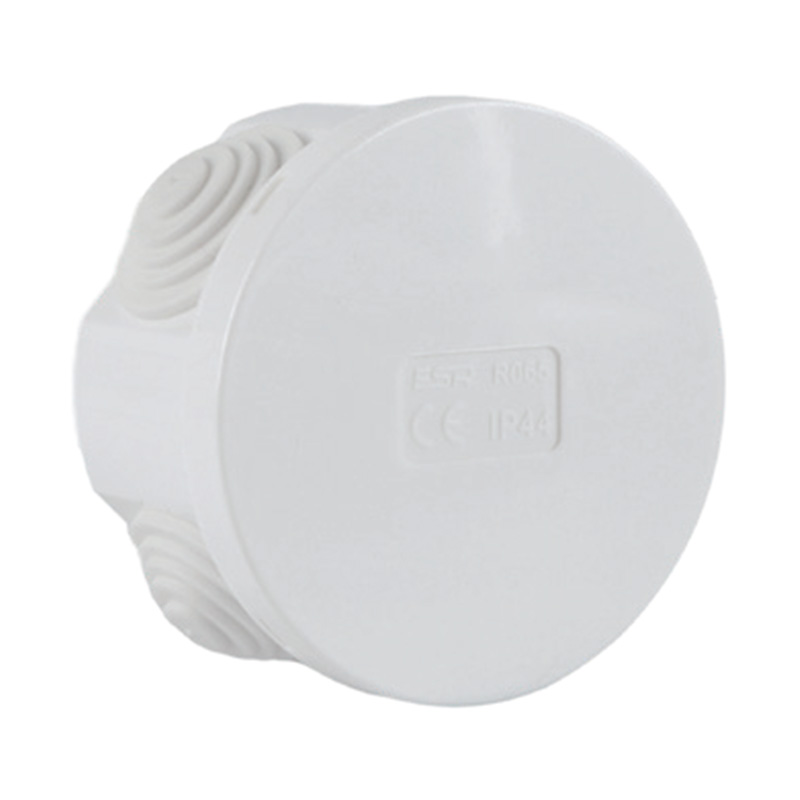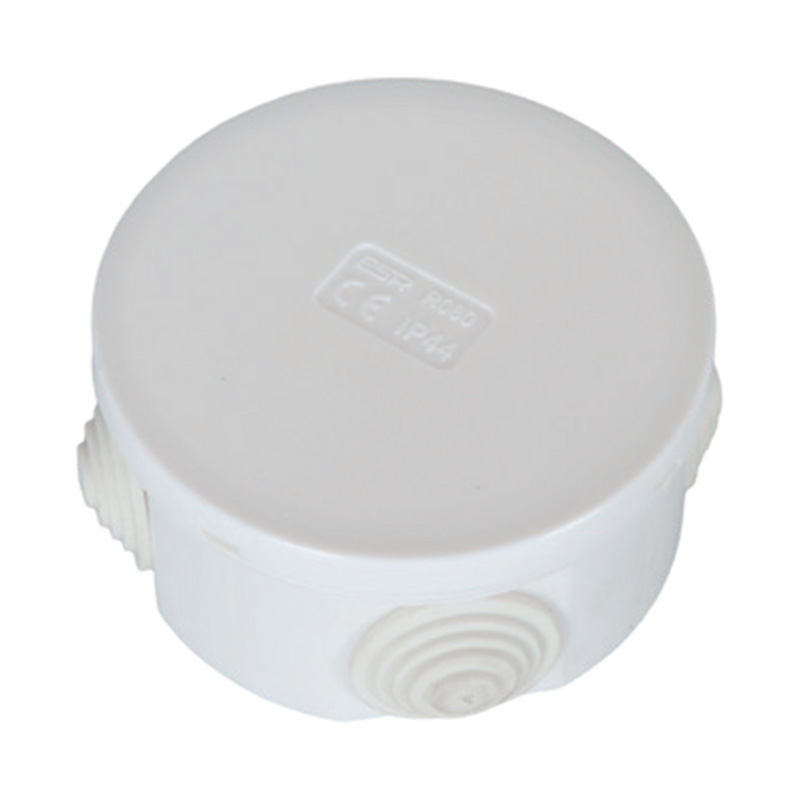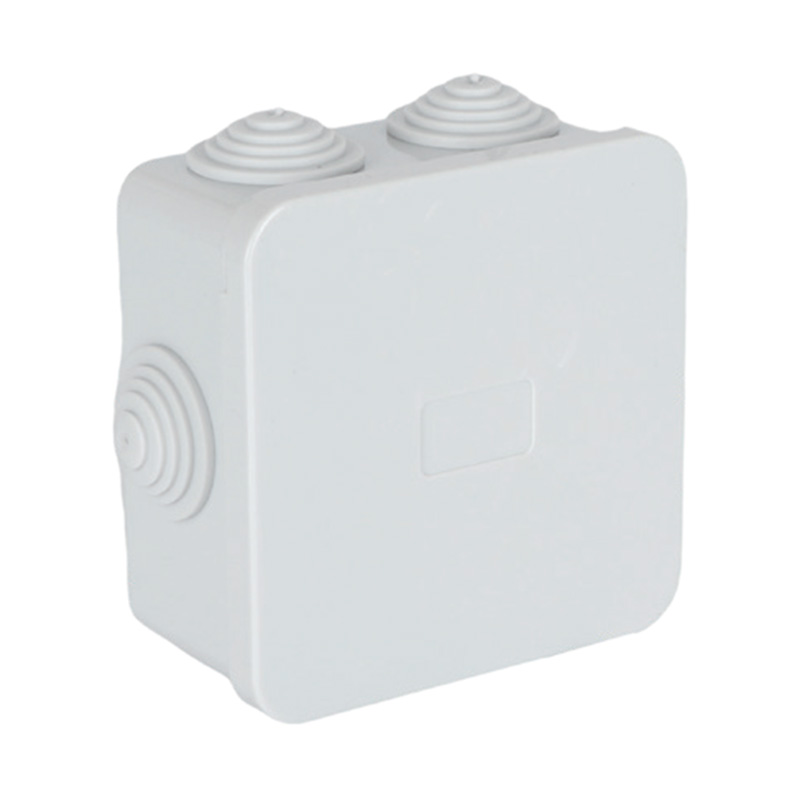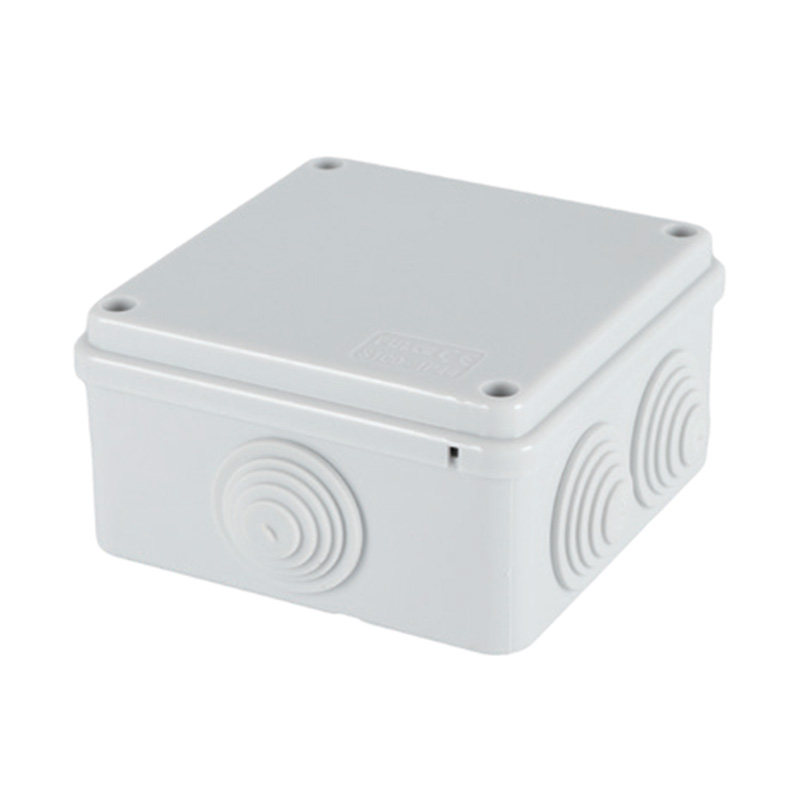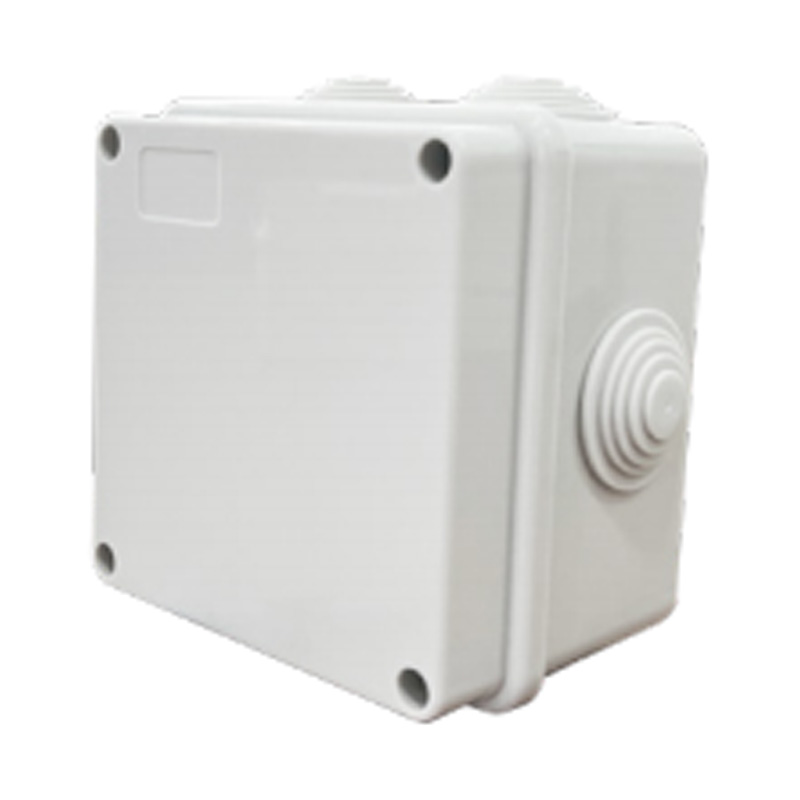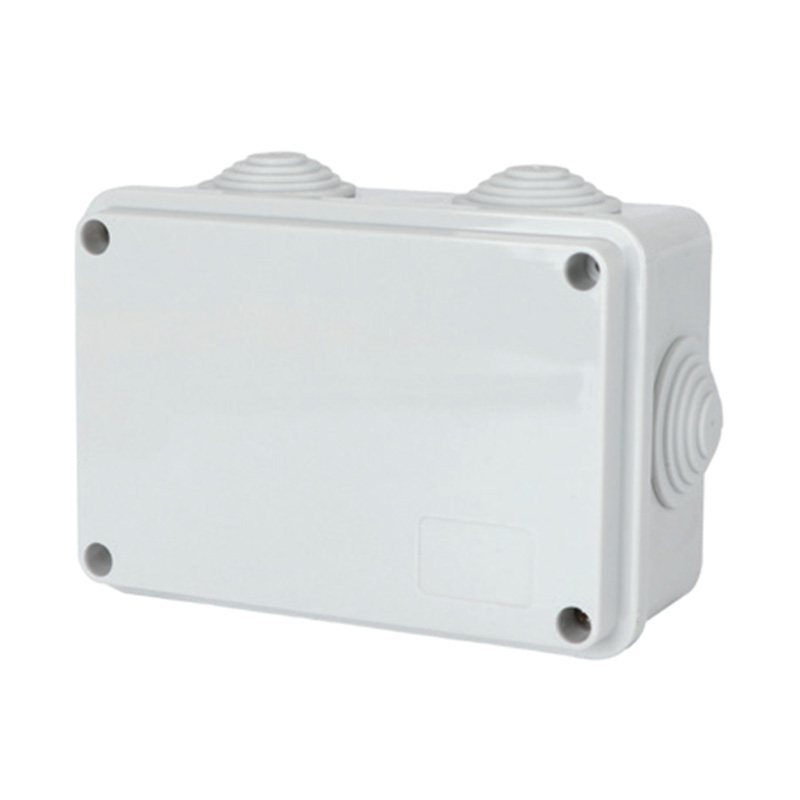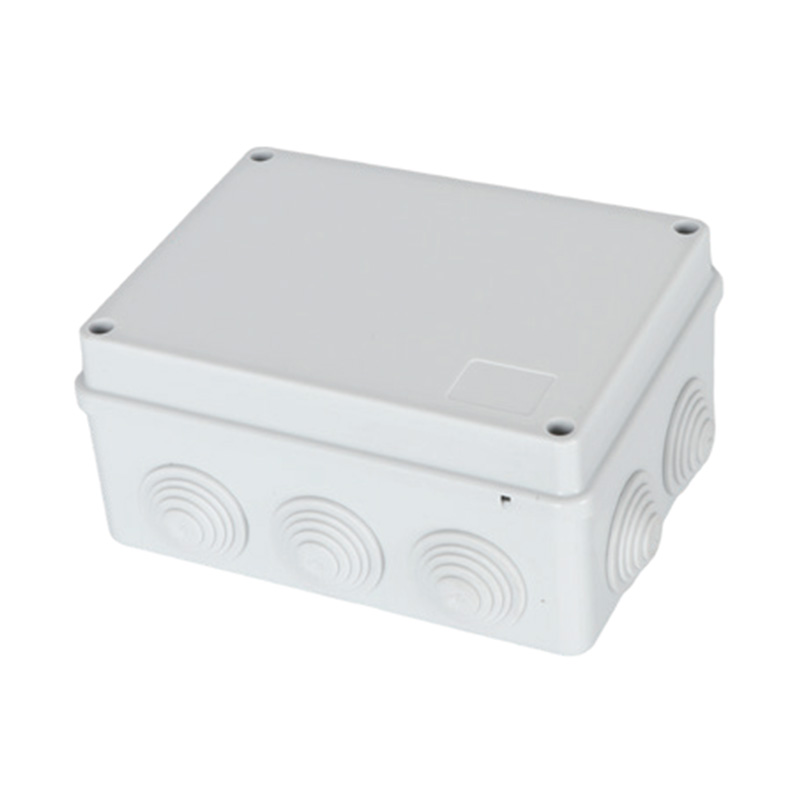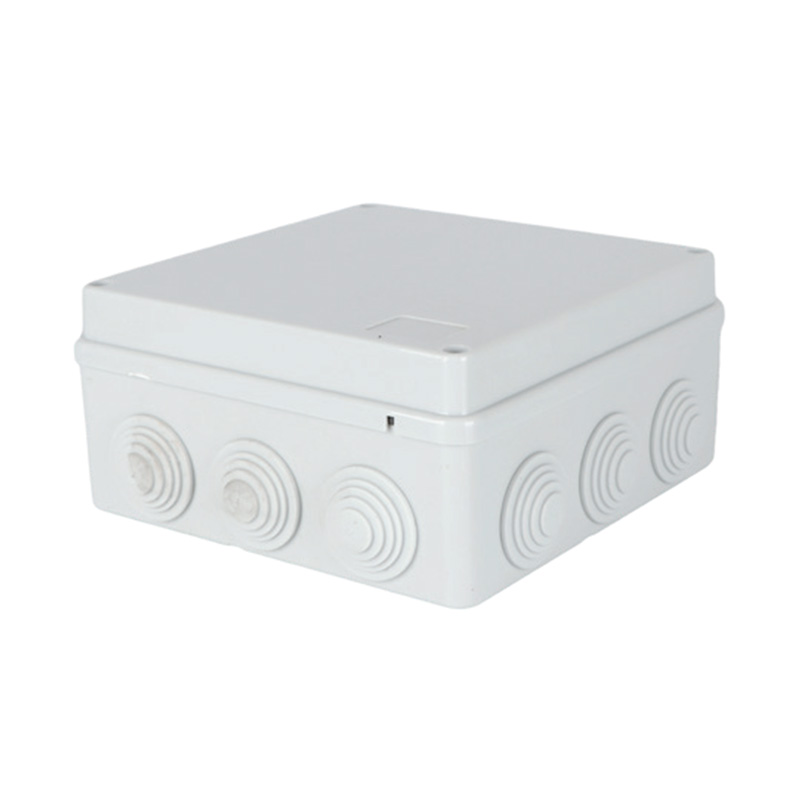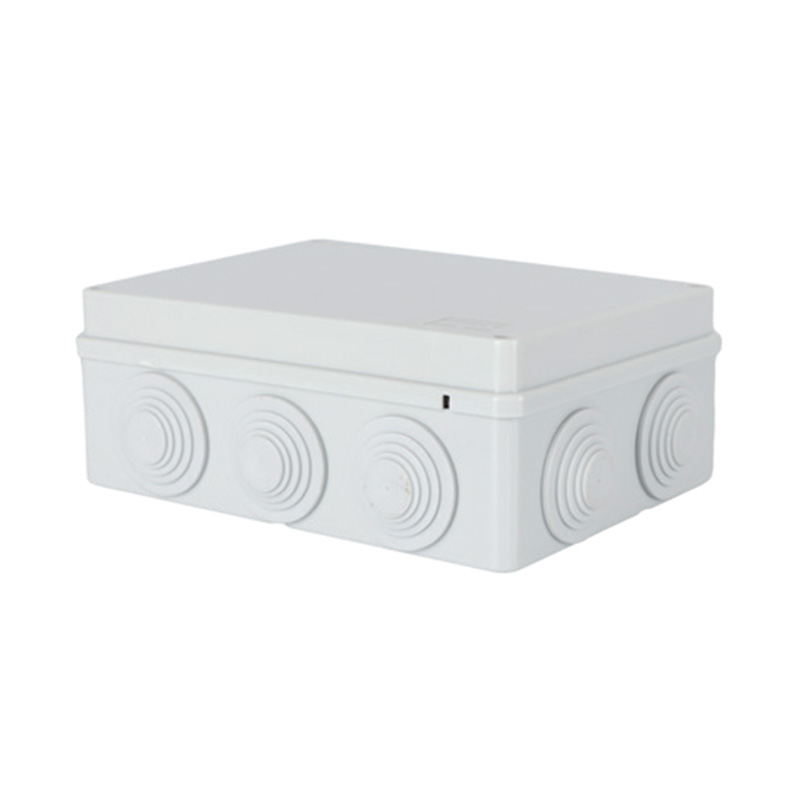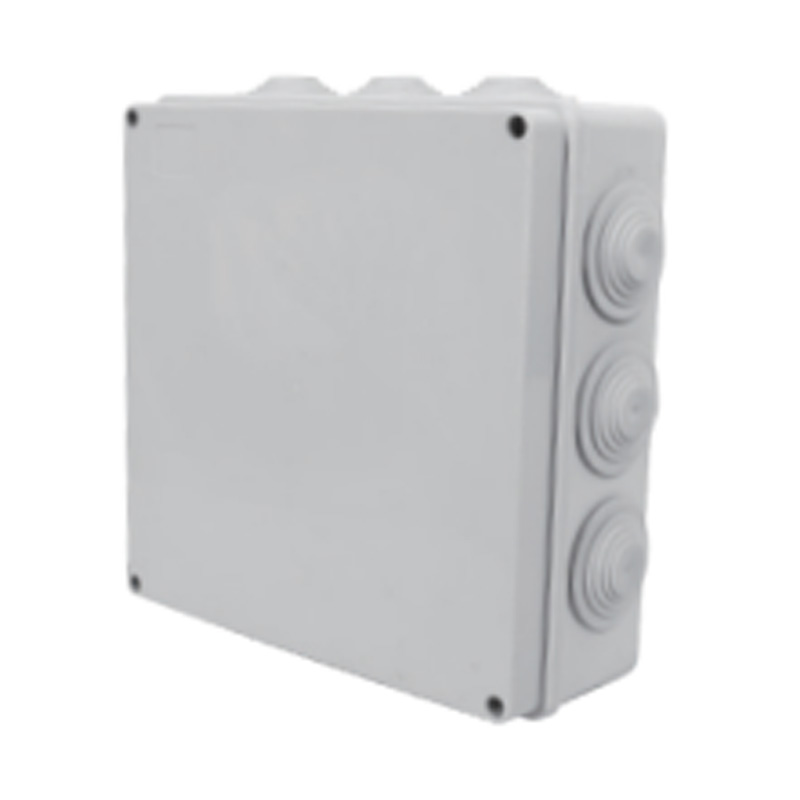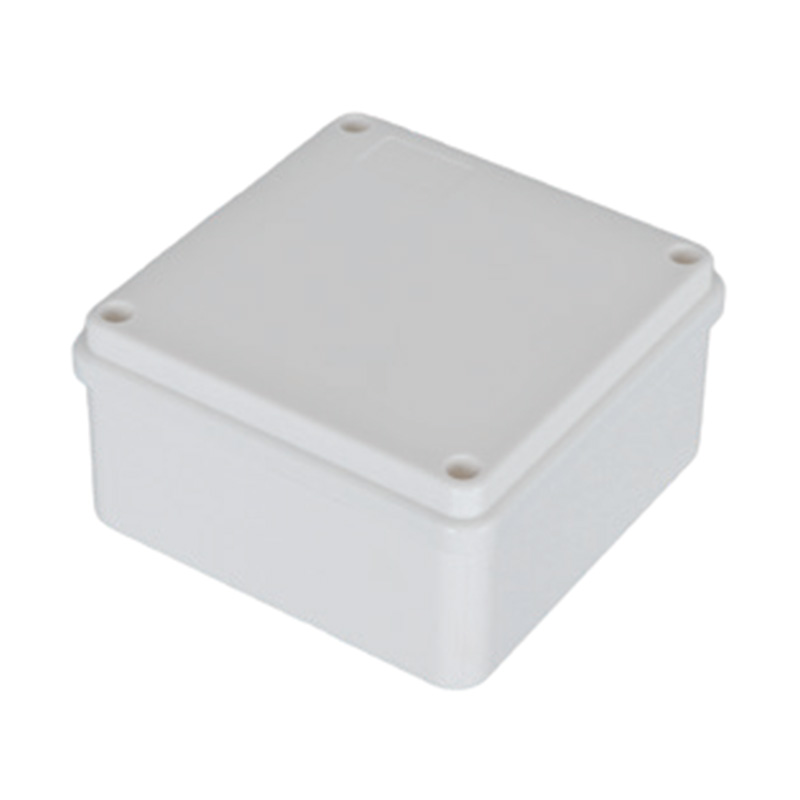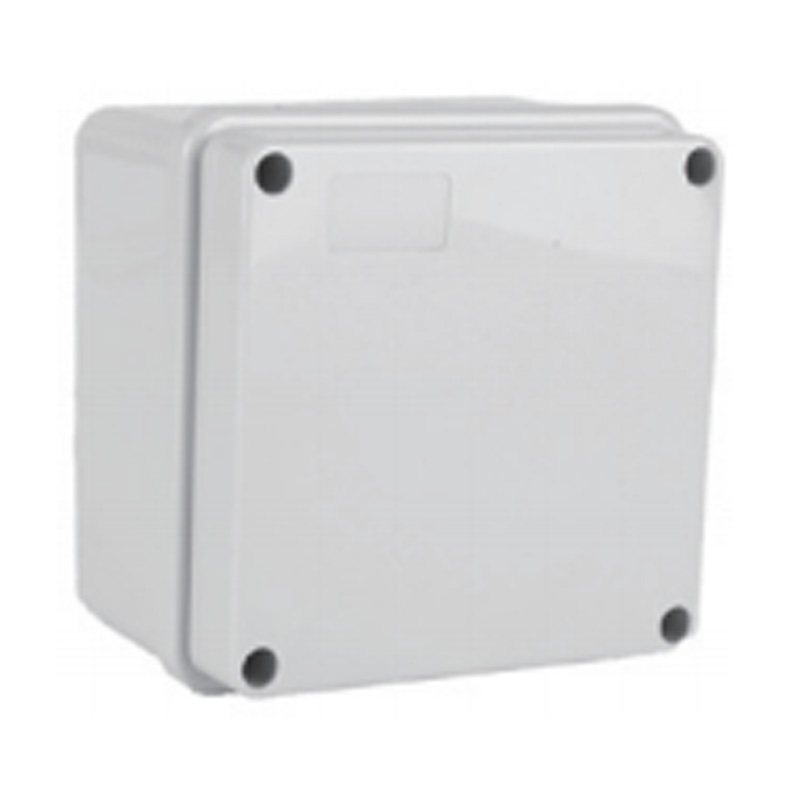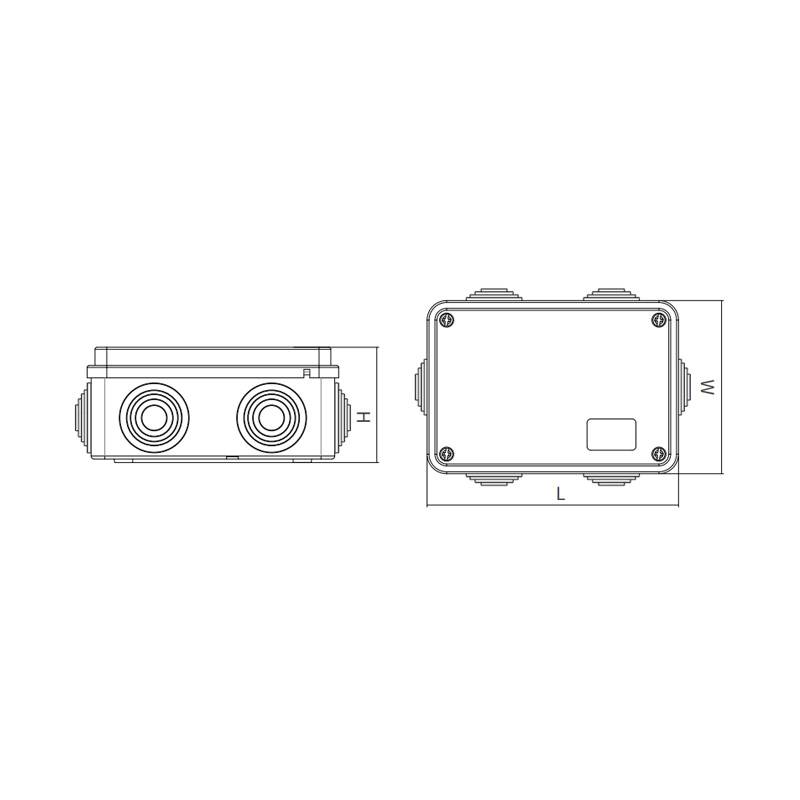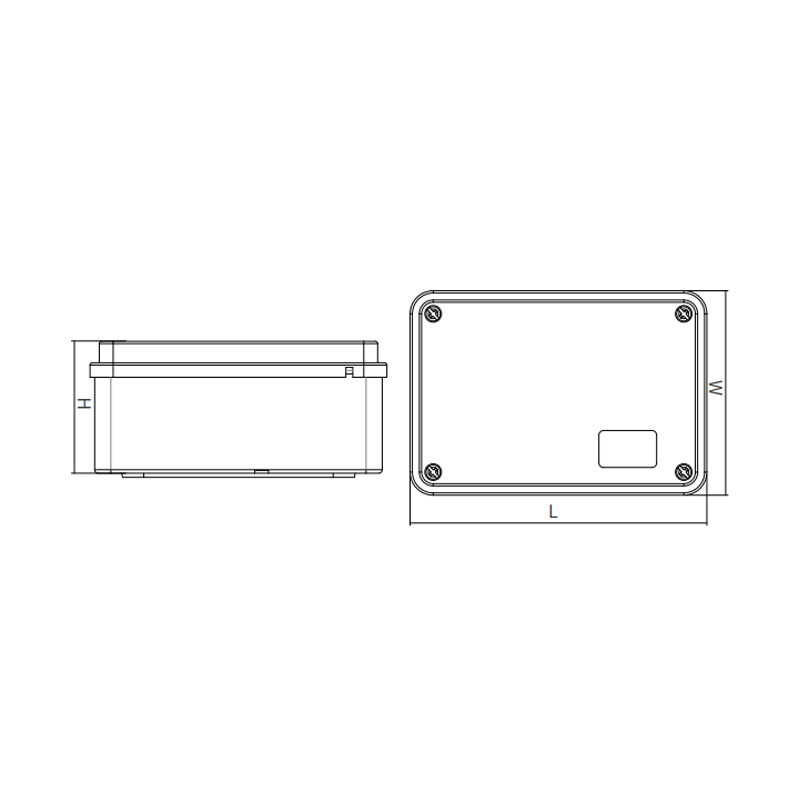When working with outdoor electrical systems, deploying a Waterproof Cable Connector is essential to protect your installation from water, moisture, dust, and environmental wear. E...
READ MORE-
-
In a wide variety of electrical and industrial installations, ensuring waterproof performance around cable entries is critical. Whether you are sourcing components from a Cable Gla...
READ MORE -
Ordering a custom Waterproof Junction Box or Waterproof Distribution Box ensures that your electrical system is safe, efficient, and reliable, even under unique conditions. By spec...
READ MORE -
Outdoor electrical projects require robust protection to ensure safety and long-term reliability. Using Waterproof Distribution Box and Waterproof Junction Box enclosures safeguard...
READ MORE
Industry Knowledge Extension
What are the Types of Electrical Equipment Enclosures?
Selecting the right electrical enclosure is critical for safety, functionality, and longevity. The type of enclosure required depends entirely on the environment in which it will operate. Enclosures are primarily categorized by the materials they are made from and the level of protection they offer, which is defined by standardized rating systems like the IP (Ingress Protection) code and the NEMA (National Electrical Manufacturers Association) ratings.
The main types of electrical equipment enclosures include:
Metal Enclosures: Typically constructed from aluminum, stainless steel, or cold-rolled steel.
Pros: Excellent durability, strength, and heat dissipation. They provide superior EMI/RFI shielding, which is crucial for sensitive electronics.
Cons: Heavier, more expensive, and can be susceptible to corrosion if not properly treated.
Plastic Enclosures: Made from materials like polycarbonate, ABS, or fiberglass-reinforced polyester.
Pros: Lightweight, cost-effective, highly resistant to corrosion and chemicals. They are also excellent electrical insulators.
Cons: Generally offer less mechanical strength and lower heat tolerance than metal options.
Fiberglass Enclosures: A specific subtype of plastic enclosures known for exceptional performance.
Pros: Extremely strong, lightweight, and resistant to a wide range of chemicals and extreme temperatures. They are non-conductive and non-corrosive.
Cons: Can be more brittle than polycarbonate and often come at a higher cost.
The following table summarizes the key differences:
|
Type |
Common Materials |
Key Advantages |
Ideal For |
|
Metal |
Aluminum, Stainless Steel |
High Strength, EMI Shielding, Heat Dissipation |
Industrial machinery, HVAC systems, sensitive instrumentation |
|
Plastic |
Polycarbonate, ABS |
Lightweight, Corrosion-Resistant, Cost-Effective |
Consumer electronics, data communication, mild indoor environments |
|
Fiberglass |
Polyester, Vinyl Ester |
Chemical Resistance, Non-Conductive, Durable |
Wastewater treatment plants, chemical processing, corrosive environments |
Where Do Waterproof Electrical Enclosures Work?
Waterproof electrical enclosures are indispensable in any environment where moisture, liquids, or high humidity pose a threat to electrical components. Their primary function is to prevent water ingress, which can cause short circuits, corrosion, equipment failure, and serious safety hazards. They achieve this through tight seals, gaskets, and specialized locking mechanisms, often carrying high IP ratings like IP65 (protected against low-pressure water jets) or IP67 (protected against temporary immersion).
These robust enclosures are deployed across a vast range of industries and applications:
Outdoor Installations: This is one of the most common uses. They protect equipment like:
Outdoor Lighting Controls: Timer boxes for garden or street lights.
Security & Surveillance Systems: Housing for CCTV cameras and motion sensors exposed to rain and snow.
Telecommunications Equipment: Protecting antennas and transmitters on rooftops and towers.
Industrial & Manufacturing Settings: Factories and plants often require washing down equipment.
Food & Beverage Processing: Areas where equipment is frequently hosed down for sanitation.
Chemical Plants: Protecting controls from splashes and humid, corrosive atmospheres.
Marine and Water-Adjacent Environments: The constant presence of water and salt spray demands superior protection.
Docks and Piers: For power outlets and control panels for boat lifts and dock lighting.
Onboard Vessels: Protecting navigation and communication electronics.
Utilities and Infrastructure: Critical systems must operate reliably in all weather conditions.
Wastewater Treatment Facilities: Where moisture and corrosive gases are ever-present.
Substations and Power Distribution Points: Isolating connections from the elements.
Anywhere water is a factor, a properly rated waterproof enclosure is a necessary safeguard.
What are the Characteristics of Plastic Electrical Enclosures?
Plastic electrical enclosures, favored for their versatility and cost-efficiency, possess a distinct set of characteristics that make them the ideal choice for a multitude of applications. Their properties stem from advanced polymer materials like polycarbonate, ABS (Acrylonitrile Butadiene Styrene), and polyamide.
The key characteristics of plastic enclosures include:
Exceptional Corrosion and Chemical Resistance: Unlike metal, plastic does not rust. This innate resistance makes them good for humid environments, outdoor use, and facilities where exposure to corrosive chemicals, solvents, or cleaning agents is common. They will not degrade or oxidize over time.
Lightweight: Plastic enclosures are significantly lighter than their metal counterparts. This characteristic simplifies handling, reduces shipping costs, and makes installation quicker and easier, especially when mounting on walls or other structures where weight is a concern.
High Electrical Insulation: Being non-conductive is a primary safety feature. Plastic enclosures will not accidentally ground a circuit or cause a short if a live wire touches the inside of the box. This inherent insulation protects both the equipment and the personnel working on it.
Design Flexibility and Aesthetics: The molding process for plastic allows for more complex and integrated designs. Features like molded-in hinges, latches, and cable glands are common. They are also available in a wider range of colors (often through intrinsic coloring rather than paint) and can be designed with a more modern, aesthetically pleasing look for consumer-facing applications.
Impact Resistance: Materials like polycarbonate offer remarkable impact strength, making them highly durable against physical knocks, drops, and vibrations without denting or deforming. This "toughness" ensures the sensitive components inside remain protected.


 English
English 中文简体
中文简体 Español
Español عربى
عربى

